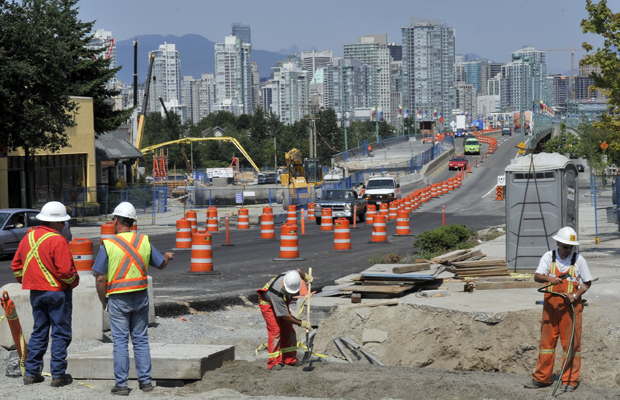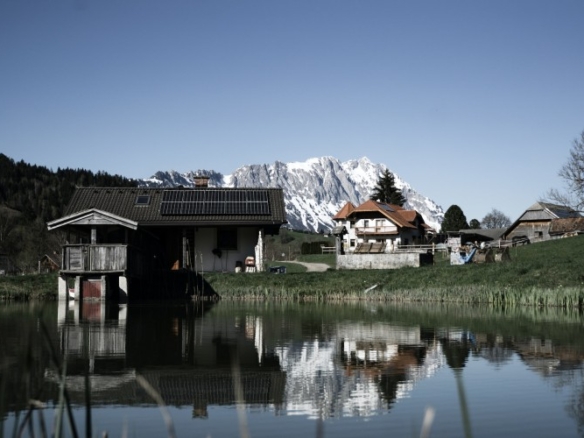The real estate market in Vancouver has been going through some serious changes in the past few months, and while it has been beneficial for some, for a few it has been less than rosy, and there has been a lot of uncertainty clouding the minds of new investors in the market.
Rising costs of rental units, and scarce vacancies.
Recent studies have shown that there are an estimated 10,800 empty houses in the city, with short term rentals putting another 3,000+ units on the market. With these numbers however, it remains difficult to find vacant houses in the city, and the price of accommodation remains at a debilitating high.
These vacant houses in the face of the apparent lack of vacancies has been a perplexing issue for many, however it all makes some sense when one realizes how different people will always have different uses for their vacant lots, and not all houses will be used for housing.
The scarcity of available housing has increased the pricing of apartment buildings greatly, and this could create a great housing crisis as even residents of Vancouver well into adulthood are finding roommates, so as to be able to afford the high prices of some of the available houses in the city.
New home construction experiencing slowdown.
Coupled with the harsh rental climate, and the scarcity of existing homes, newer homes are also facing a slowdown in construction as Statistics Canada has claimed the value of building permits issued are steadily decreasing each month, with a 7% decrease recorded from august to September.
Housing starts have also fallen to a new low since the past five years, with the urban starts in British Colombia falling from 46,294 to 25,517 – almost a 45 percent drop, and this happened within the space of one month (September to October), and in Vancouver these starts also fell down to 12,023 – A record low since March 2011.
Even with the falling starts, there were some upturns in the market, like in Ontario where it climbed up to over eighty-one thousand from sixty-seven thousand within the same period, nevertheless the general trend still swings negatively – with the pace slowing in Atlantic Canada, Quebec, and The Priaries, causing worry in many real estate investors in the region.
Tax bottlenecks stifling the market?
Real estate sales in Vancouver have also plunged significantly, recording an almost 38% drop in October alone; leaving many investors worried about the future of the real estate climate in Vancouver. This could be directly related to the newly implemented 15% tax on foreign investors in the real estate market.
“The new mortgage and tax regulations recently introduced by the federal government are expected to take some steam out of home sales, particularly in B.C. and Ontario, which have accounted for the bulk of the gains so far this year. This should filter through to homebuilding activity as well. Indeed, following strong growth this year, we expect housing starts in B.C. and Ontario to record sizable declines next year,” says Dina Ignjatovic, an economist with Toronto-Dominion Bank.
However with the uncertainty following the market climate due to the implementation of the new tax laws, the presale market is still recording increased foreign activity, with many investors being of foreign nationality, most of whom are budding immigrants. This could be due to the fact that regardless of the 15% tax, they feel by the time their buildings are completed, they shall appreciate in value, and the tax overhead will be negligible compared to the eventual property value.
Nevertheless, in these times, deciding to enter the real estate market in Vancouver may be a tricky endeavour, and it is advisable to walk into the market with both eyes open, considering your options thoroughly. There are a few good places to start from, and once you do; you may well be on your way to acquiring the best deal for yourself, and your family members – if you have any.




